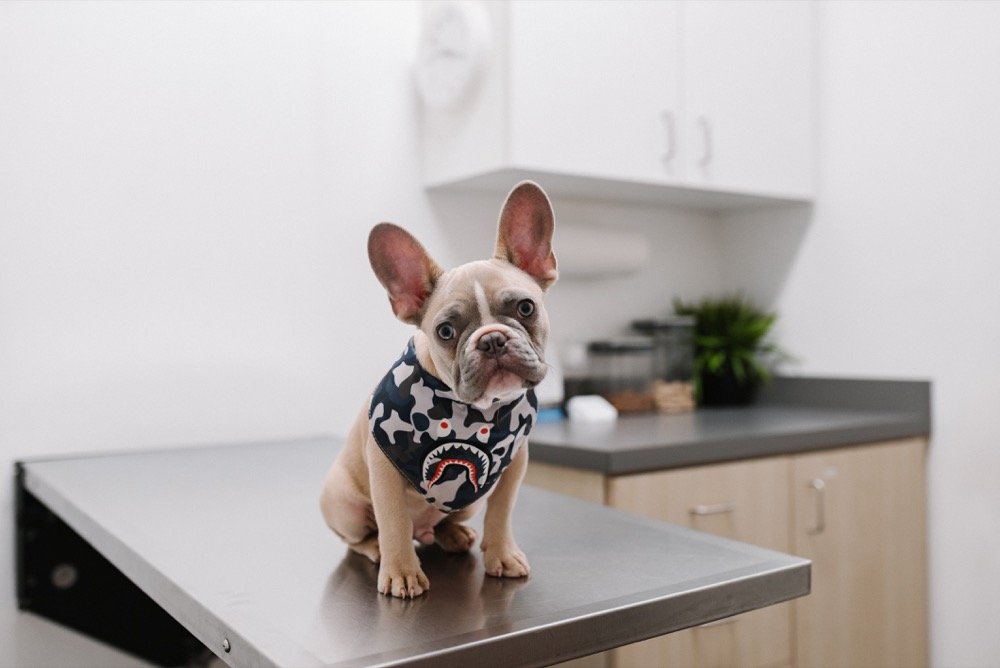You dog will get sick sometimes.
When it does get ill it is ever so easy to become so stressed that you make mistakes when it comes to getting veterinary care.
The biggest mistake new owners usually make is to stop listening, or to become so panic-stricken they fail to articulate the problem.
Don’t panic.
Just take a deep breath and follow these simple tips when you and your pet visit the vet.
Before you go
Grab a pen and paper, or a notes app on your smartphone.
Think about it – your dog is sick and you’re going to the vet together. Can you really rely on your memory when you are probably already stressed out?
Think about what’s wrong
Think about the symptoms you are seeing and write them down.
Think about when they begin and add them to the note.
Once you’ve done that you should think about what questions to ask the vet during your visit, such as:
- “My dog gets anxious. Might some Adaptil help them relax?”
- “Is it normal for my dog to bite it’s behind all the time?”
- “My dog keeps scooting across the ground while sitting down, is this normal?) [Pro tip: This is often a sign of worms.]
Or any other question that may be relevant to the problem you’re at the vet to discuss.

The beauty of taking these notes is that once you get to the vet you have a list of symptoms you’ve seen and questions about them which may help your vet identify the problem.
Try to be really specific when discussing those symptoms. Think about the symptoms you see – it’s not just that your dog is throwing up, but it throws up after eating what? Does it always throw up, or are there specific things that make it happen? The more information you can pick up and share, the better and more effective the vet’s diagnosis will be.
Take notes
Don’t just listen and nod and hope to remember some of what is being discussed.
Remember how we said you are probably stressed out? Very few people have perfect memory in an anxious state.
Solution?
Pull out pen, paper, or smartphone and take notes to help you remember what the vet tells you. You may need to take action, put your dog on a diet, or get given medicine that must be delivered at certain times of day. Write it all down.
Respect the human
The vet you are seeing is almost certainly incredibly busy.
When you think about it, the peak times people approach them include days, nights, and evenings. Most vets have quite disrupted personal schedules. So be nice when you interact with them as that makes a huge difference to people working so hard.
That also means trying to be really focused and effective when you speak with them.
You see, the higher quality the communication you can provide when you speak to them, the easier it is for them to focus both on the problem and how to give you information you can use. It’s about helping them to focus their mental energy on your dog, not on communication with you.
These four easy tips really should help you get better treatment for your pet, and help you be a better pet parent also. Now explore these awesome products for better dog walking for when your pooch gets better again.
Photo by Karsten Winegeart on Unsplash




